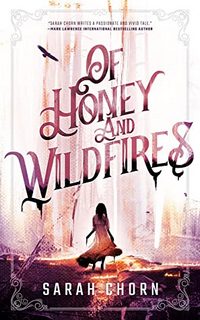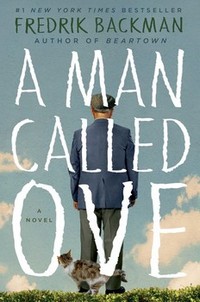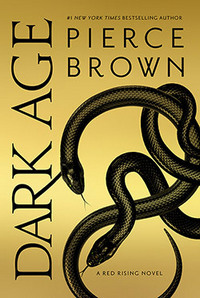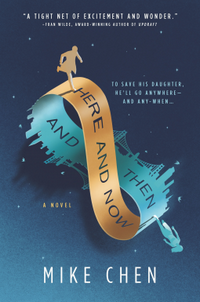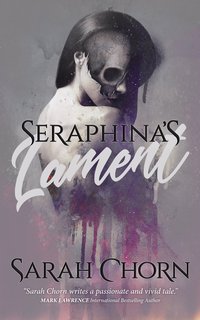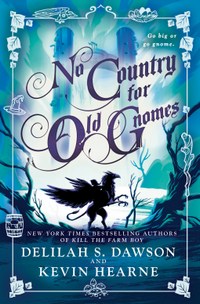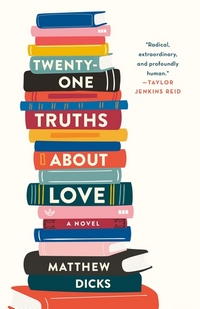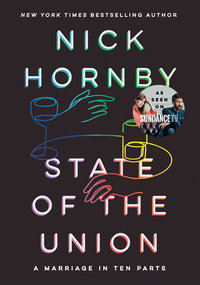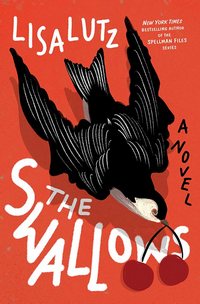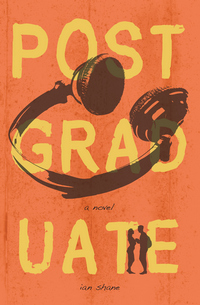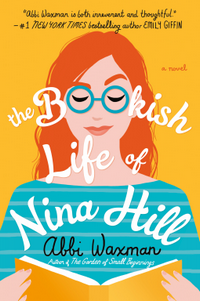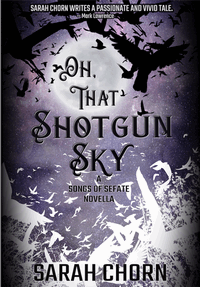 |
Oh, That Shotgun Skyby Sarah Chorn Kindle Edition, 143 pg. Read: February 18, 2021 |

Free.
That’s such a dangerous word. Sure does look pretty sitting in the space between us like that, all glittering and gem- covered. But I can’t help but wonder how much pain is on the other side of it. After all, even diamonds cut.
What’s Oh, That Shotgun Sky About?
This novella happens in the shadow of Of Honey and Wildfires with everyone trying to come to terms with the events of the novel’s ending. The Boundary has fallen, the Shine Territory is no longer walled off from the rest of the world—access isn’t as shut off. No one knows what that means. No one is ready for this “New Normal.” All anyone is sure of is that things are different now, now’s the chance to start over.
This novella chronicles some people taking advantage of the confusion, the lack of status quo to do something else with their life. We see a grieving outlaw, a Shine Company man hunting that outlaw while he tries not to die himself, and a group of camp prostitutes (essentially prisoners) who are enjoying the freedom they now have (however temporary it may be).
Without intending to, these all come into contact with each other and offer (and receive) help in these crazy days.
Yeah, that’s vague—but it has to be. I could give all the salient plot points in one healthy paragraph if I wanted to. But you don’t read these books for the plot, or even character–you read this series for Chorn’s gorgeous prose.
Love, Grief, Fear, Confusion, and a little Hope
There’s honesty in walking through the world with open wounds. No lying about the pain that’s carving me up. No hiding the injury that’s cleaving me in two. Don’t think I’ve ever been this true.
I don’t know what to do with all I’m feeling. No one ever told me that love is an ocean. That to love, you must let yourself drown.
“There is part of me that ain’t never coming back. I gave it up willingly, you understand? I gave it all to him. That’s what love is. It ain’t all soft and pretty; it’s hard and biting, too. It’s a hungry wolf, and you just keep feeding that beast bits of yourself.” I fix her with my eyes. Feel them punch all the way through her soul. “Listen to me and listen well: Love devours.”
(yeah, I couldn’t pick one line to illustrate this point)
While there’s not a lot of plot, and we don’t get a lot about what the various characters do or think—we get a thorough understanding of what they feel—three or four of the characters in particular, with a few others to a smaller extent. They have deep feelings, deep and raw, and those feelings reveal more to the reader than anything else they might do, say or think.
You cannot read this novella and not feel what these characters are going through—the emotions are practically tangible, and Chorn puts them so beautifully
So, what did I think about Oh, That Shotgun Sky?
It’s a special kind of torture to survive after the one holding your heart has died. It twists a soul something awful. Not a person in this world deserves this.
Okay, I had to cram one more quotation in.
I’m not crazy about the characters, the plot left something to be desired for me. But I could read sentences like that all day long and not get tired of it.
Last year, when I wrote about Of Honey and Wildfires, I said: “So, yeah, I didn’t like this as much as I wanted to. Many of you will wonder what’s wrong with me after you read it (a few of you will think I’m too generous). But I am glad I read this—it’s been a long time since I’ve read a book so carefully written as Of Honey and Wildfires…It’s raw, honest, open, and beautiful. I didn’t love it, but I commend it to you.” Switch out the titles, and I can’t think of a better way to talk about this.
(and like last year, I’m going to skip the stars for this one—they’d just distract from what I had to say—if I could decide how many to give)
![]()


